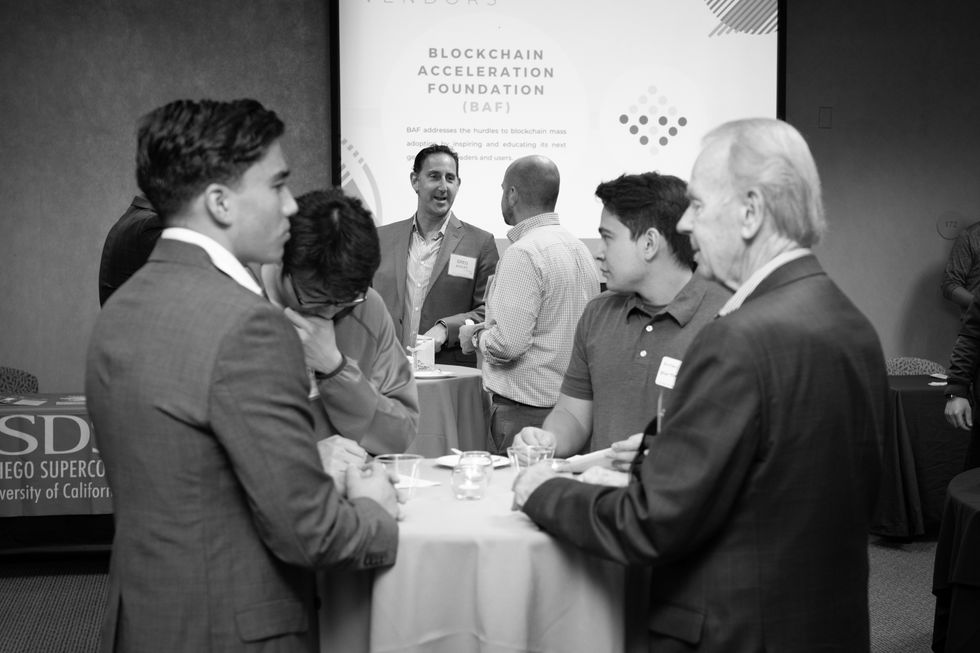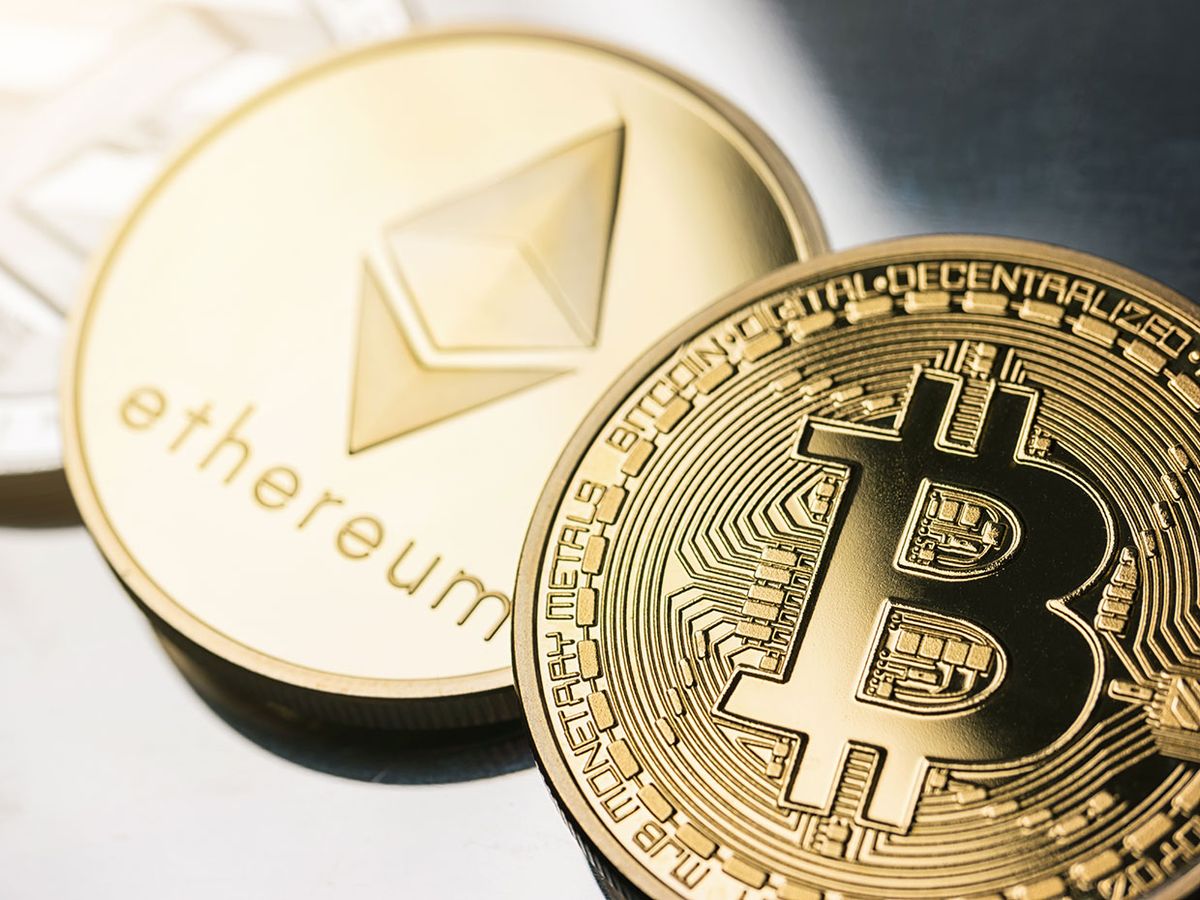
THE INSTITUTE Blockchain technology, best known as the foundation of cryptocurrency transactions, has the potential to replace existing databases, providing more transparency and security. Just about every industry, including energy, finance, and health care, is looking into how it can adopt blockchain’s decentralized ledger.
To help advance the technology, IEEE launched its Blockchain Initiative last year. Something unique to the initiative are its local groups, which teach developers how the technology could help companies in their region—as the basis of a cryptocurrency, in support of smart contracts, or some other way. Twenty-five such groups have formed, in cities including Boston, Kiev, and Toronto. The groups hold forums with blockchain experts from industry and academia and provide networking opportunities for attendees who are working on blockchain projects.
“If you’re interested in getting involved with the technology or working in the industry, attending the local meetings will give you a much better understanding of how to do that,” says IEEE Member Ken Miyachi, who chairs the San Diego group along with members Joshua James and Emilio A. Cazares.
Miyachi recently launched LedgerSafe, a blockchain-based compliance-software platform. It tracks high-risk financial transactions and automates the completion of businesses’ regulatory documents.
He helped form a local group, he says, because “there’s a lot of fragmented information about blockchain on the Internet. The idea is to have industry leaders provide credible information about the technology’s current state and get their perspective. A centralized source of valid information, like IEEE, is currently lacking.”
The San Diego group, established five months ago, now has 60 members. It has held three events. One provided an overview of the IEEE Blockchain Initiative. The second one covered Ethereum, an open-source, blockchain-based distributed computing platform, which was presented by engineers of the Matryx platform.
At that session, Miyachi says, people discussed the development pipeline and how it’s different from standard software development channels. The session also covered business and development hurdles that need to be overcome.
The most recent event, held on 19 June at the University of San Diego, covered the impact of blockchain technology on legal frameworks and policy. The forum, which included a networking session, attracted about 100 people with both legal and technology backgrounds, Miyachi says—considerably more than the group’s first two events. The event culminated in a keynote presentation by James Gatto, the blockchain and digital currency team lead at Sheppard, Mullin, Richter & Hampton.
“It’s in the best interest of blockchain companies to present at these local sessions, because they’re a great way to get out information about their company and product as well as demystify the technology itself,” Miyachi says. “Most of the people coming to speak are blockchain advocates. They really believe in the technology, so they’re trying to speed up its adoption so that more people will invest in it and use the technology and the platforms being built for it.”
If you’d like to start an IEEE Blockchain Initiative group in your IEEE section, email Ramesh Ramadoss, cochair of the initiative.
OTHER OFFERINGS
IEEE offers other ways to stay up to date on the technology. There’s the IEEE blockchain technical community, which anyone can join to work on the technology’s development and deployment. Participants receive notices about conferences, special events, education, publications, and standards. They also get the quarterly IEEE Blockchain Newsletter.
There’s also a blockchain community on IEEE Collabratec that includes posts from members about their projects.
IEEE offers several e-learning courses that cover blockchain fundamentals as well as the ethics, governance, and human rights issues surrounding the technology.
Several conferences are scheduled this year. The International Conference on Blockchain, to be held 14 to 17 July in Atlanta, is expected to cover game theory and performance analysis. The IEEE Global Communications Conference plans to hold a blockchain in telecommunications workshop. The session is scheduled for 13 December in Waikoloa, Hawaii.
